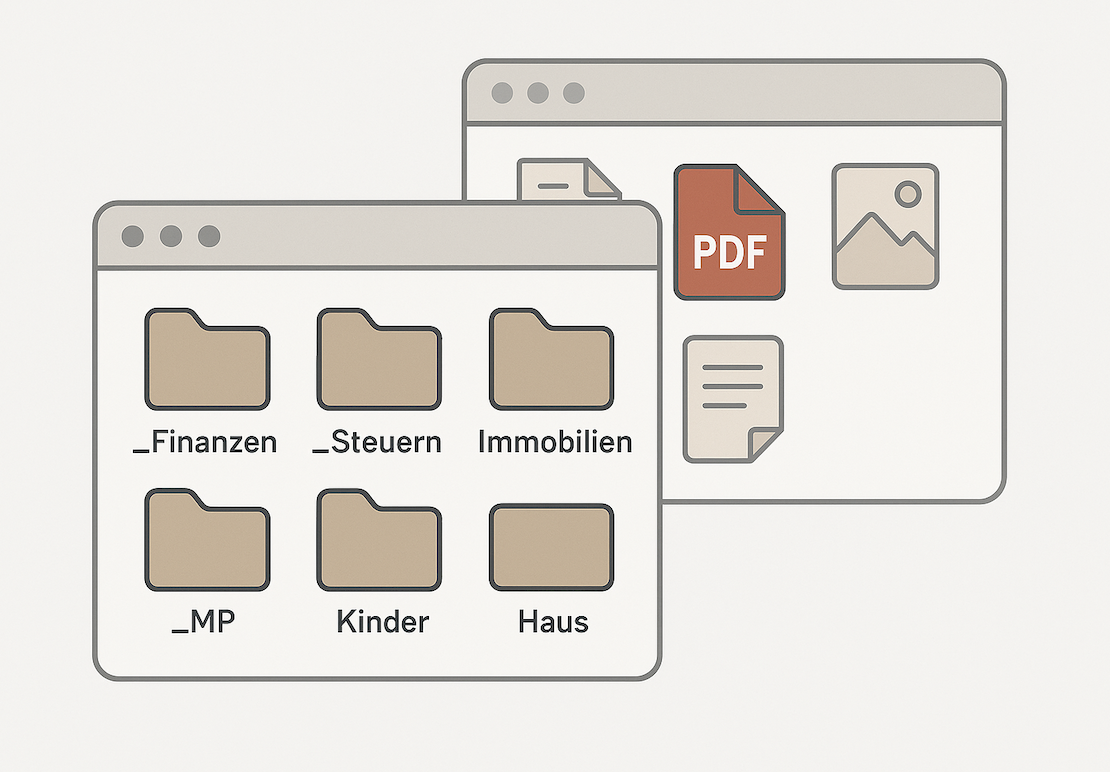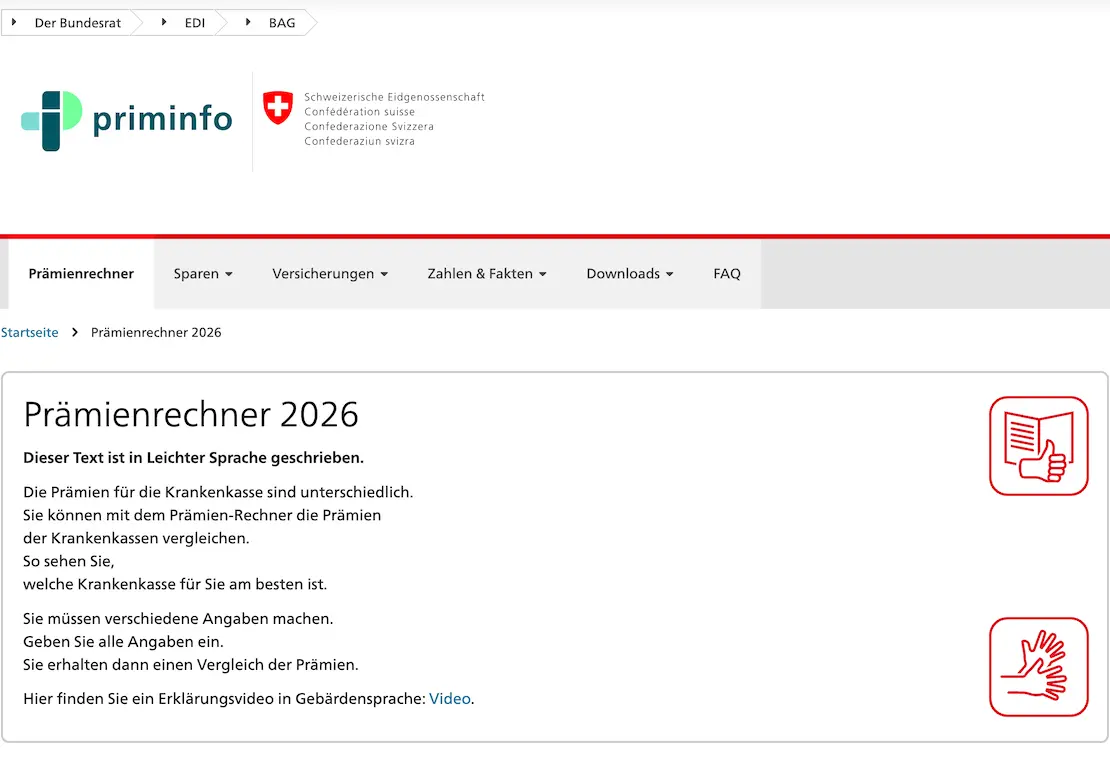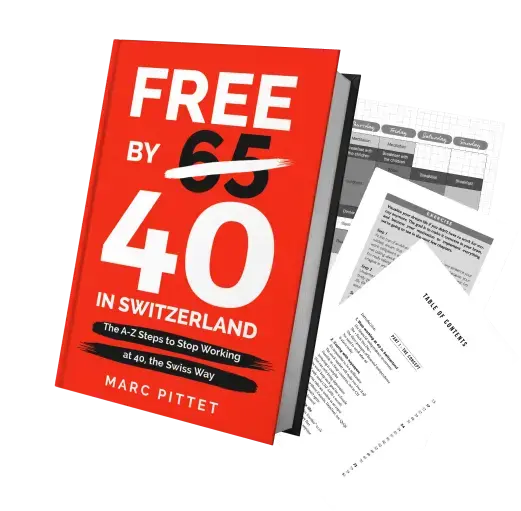I love my blog for many reasons. Among others, because I expand my knowledge exponentially by receiving all your feedback and comments.
Last month, Heiko, a reader of the blog just shared with me a frugal tip about renting in Switzerland that I couldn’t keep only to myself.
MP: Welcome on the blog, Heiko. So, I heard that you know a trick to lower your Swiss rent in cities with low vacancy rate?
Heiko: Hey MP, great blog and good stuff you’ve got there.
Indeed, as we moved to Switzerland two years ago, we learnt a nice little trick about rents that can make you save a ton! (we did it)
MP: I can only agree on savings on such an expense, as renting is part of the Big Three 1 expenses that one should put the most focus on. Indeed its impact is recurring, hence the compound effect can be huge over a lifetime. Please tell us more Heiko!
Heiko: It’s actually pretty simple. When you move, and in your city there is less than 1.5% apartments/houses free, the landlord is legally required to give you a document stating the rent that the previous tenant paid, to inform you about your right to ask for your rent to be lowered, and the exact process of how to.
That sounds a little ridiculous, but we actually did it. This simple method decreased our rent (after (!) just signing our rental agreement) from CHF 3'500/month to CHF 2'950/month.
This tenant right is explained on this “Mieterinnen- und Mieterverband” website page, as well as on this “Asloca” website page.
You can find the status of your city (about the 1.5% limit) on the Federal Statistical Office website. They have a great map where you can visualize the status of any Swiss city or town or village. Here is the link to it in French, and in German.
MP: Wow! If we run your figures through the compound interest calculator, we’re talking about savings amounting to CHF 103'267 over 10 years (by investing them to make them grow), that’s huge! Can you detail us the process please?!
Heiko: Of course :)
First, we signed our rental contract.
It’s important not to talk about the fact that you want to ask for the rent decrease upfront, because then they will choose someone else to get the apartment.
In our case, we live in Zürich. And because there is less than 1.5% rentals free, our landlord had to give us this form. We saw that the previous tenant paid 26% (!) less than we did.
So we became part of the renters association — mieterverband.ch (asloca.ch in Romandie) — which cost CHF 100 a year. They analysed the case, and said we had a 99% chance of winning. They then explained us how to do it, and gave us the letter templates to send to the landlord. (We just had to fill in our names.)
MP: Quick pause here. Would you recommend anyone trying this trick to go through the renters association? And why?
Heiko: I can only encourage you to do so, yes.
First of all, you only have a 30 day window to start your battle. Imagine you send the letter wrong, by simply having some technicality incorrect. You send the letter and obviously, the landlord takes quite some time to process it. In the end you might lose the 30 day window and then pay every month (!) hundreds of francs more.
And second, the tenants association (Mieterverband / Asloca) can only do their job, if they get their membership fees. This also includes the more long-term effort of pushing the political agenda to be more tenant friendly (and more or less 2/3 of Swiss inhabitants are tenants). This will allow most of us in Switzerland to be better off.
Just think about it: the fact that you can reduce your rent as described here is based on this effort. So yes, I see the membership fee as an investment, that will allow me to save more money in the future :-)
MP: OK, I see. Please continue then. How did it go on concretely?
Heiko: After sending our letter, the landlord offered us around CHF 3400 instead of CHF 3500.
The renters association warned us that it was the standard process, and that we should press on them, as we had a right to see their earnings reports, which they would never ever give.
So we pressed on.
Then they asked how much we wanted less. We said at least CHF 550/ month (that was gambling negotiation as we took a number we thought was way too high).
They immediately agreed, and now we are both happy.
We save an additional CHF 6'600/year, which indeed compounds to CHF 103'267 as you explained earlier.
But we’re also a little sad, because we should have asked for more…
MP: I love that. But one worry comes to mind. Don’t you risk that they kick you out because they don’t make as much money as they could in such a big city?
Heiko: Nope! That is the best part of it. Because even if they would give you a discount of 1 cent per month, it counts as a “win” and therefore, you are protected from them kicking you out for 3 years (!!!). This is called retaliation protection.
MP: Thanks so much for sharing your frugal story on the blog. If you got more, you know where to find me ;)
Heiko: That was a pleasure MP. Moreover if it can help other Swiss people to save more, and get faster to their FIRE (Financial Independence, Retire Early) goal!
And you dear reader, did you ever tried this trick? Do you know any other about Swiss rents (aside this one that I already described in a previous article)?
as I detailed in my book, The Big Three are these three recurring impactful expenses that have a non-negligible impact on any budget, namely food, lodging and transportation ↩︎
The blog celebrates its 7th anniversary 🎉 (with a …
My comments about Zak after 1 year of experience...







Last updated: December 22, 2020